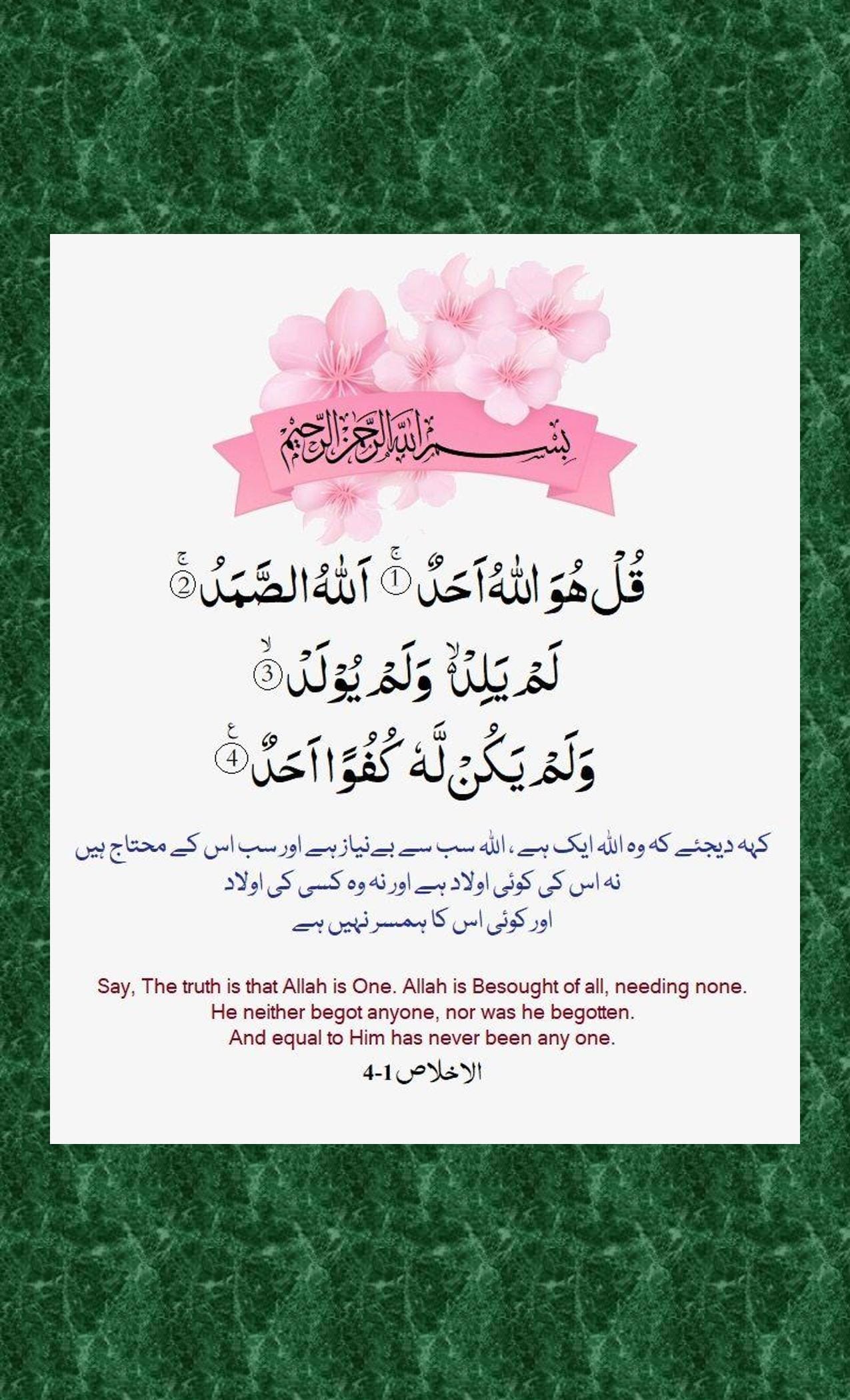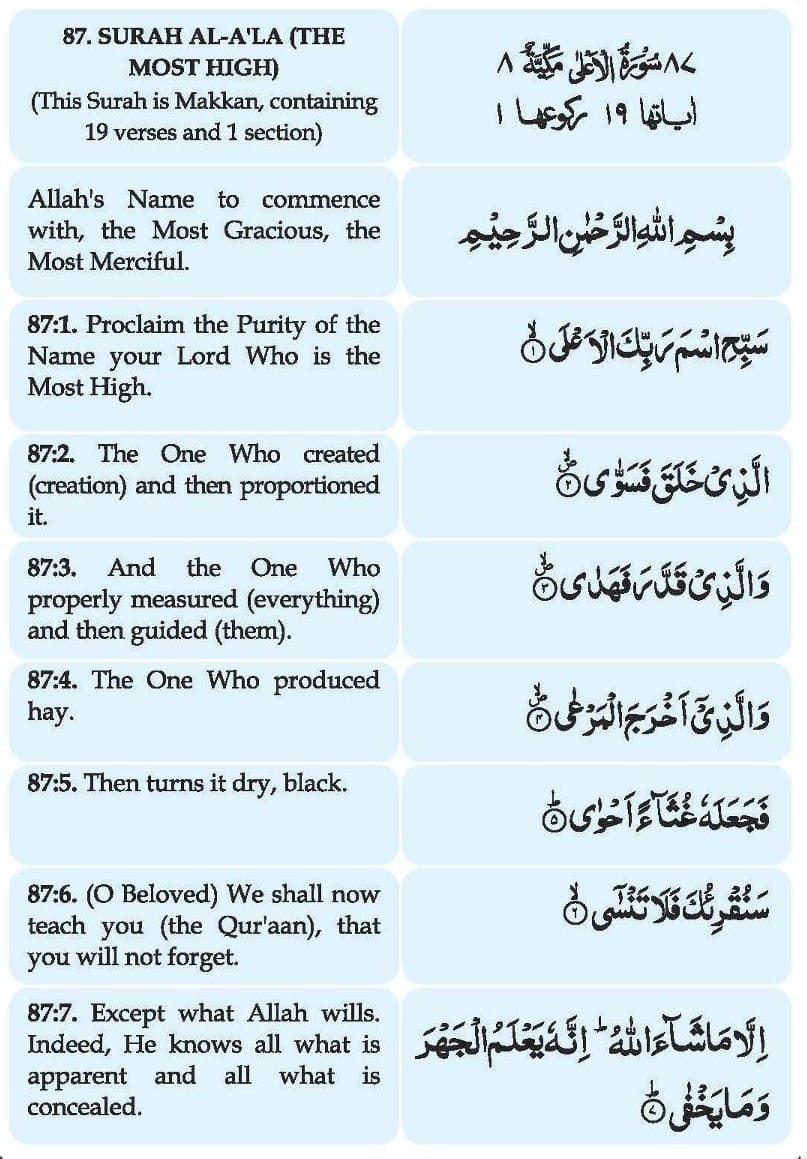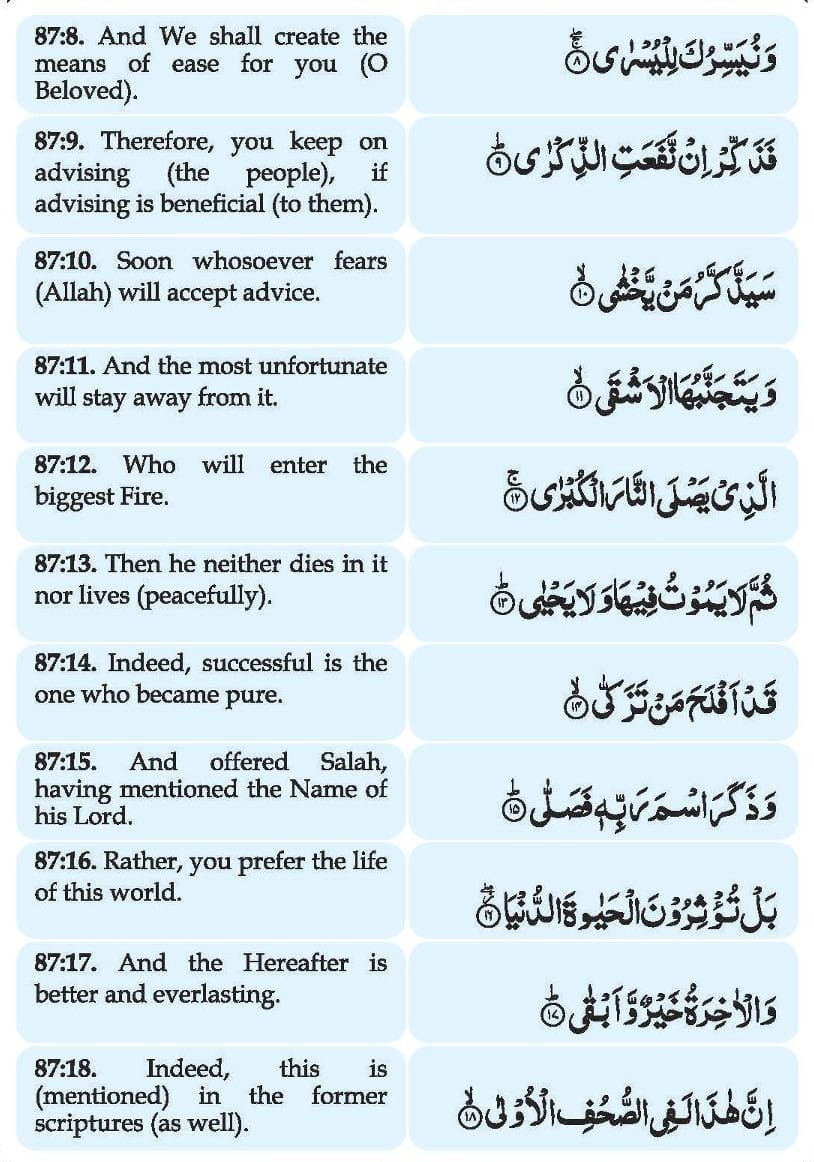Surah Isra In Roman English
Bismillaahir Rahmaanir Raheem
1. Subhaanal Lazeee Asraa Bi’abdihee Lailam Minal Masjidil Haraami Ilal Masjidil Aqsal-Lazee Baaraknaa Haw Lahoo Linuriyahoo Min Aayaatinaa;Innahoo Huwas Samee’ul-Baseer
Wa Aati Zal Qurbaa Haqqahoo Walmiskeena Wabnas Sabeeli Wa Laa Tubazzir Tabzeeraa
26. Rabbukum A’lamu Bimaa Fee Nufoosikum; In Takoonoo Saaliheena Fa Innahoo Kaana Lil Awwaabeena Ghafoooraa
Surah Al-Isra [17] – Translation and Transliteration
72. Yawma Nad’oo Kulla Unaasim Bi Imaamihim Faman Ootiya Kitaabahoo Bi Yameenihee Fa Ulaaa’ika Yaqra’oona Kitaabahum Wa Laa Yuzlamoona Fateelaa















![Surah Al-Isra [17] - Translation and Transliteration](https://quran.naatlyrics.net/wp-content/uploads/2024/09/Surah-Al-Isra-17-Translation-and-Transliteration.jpg)

